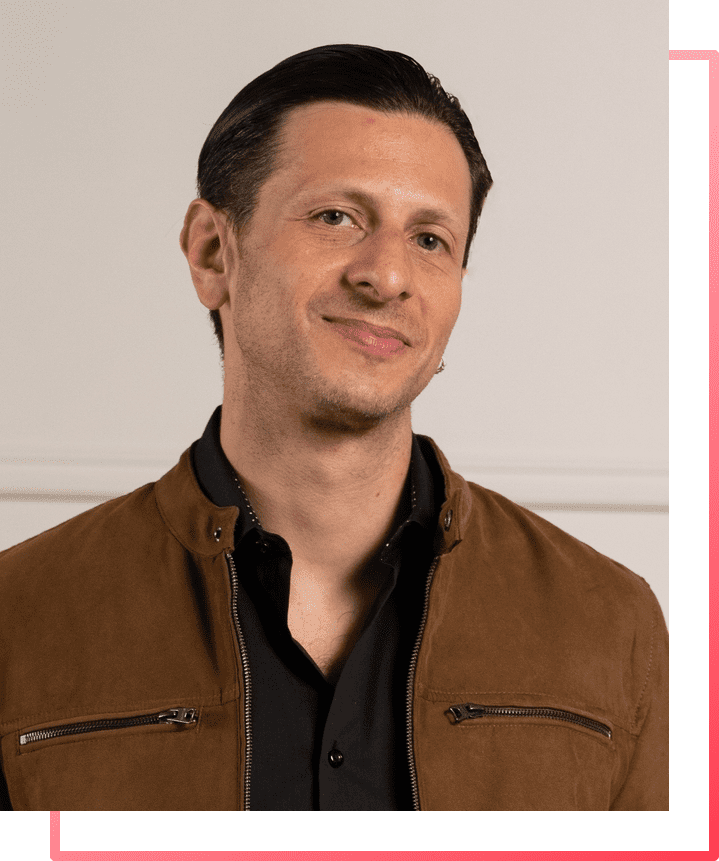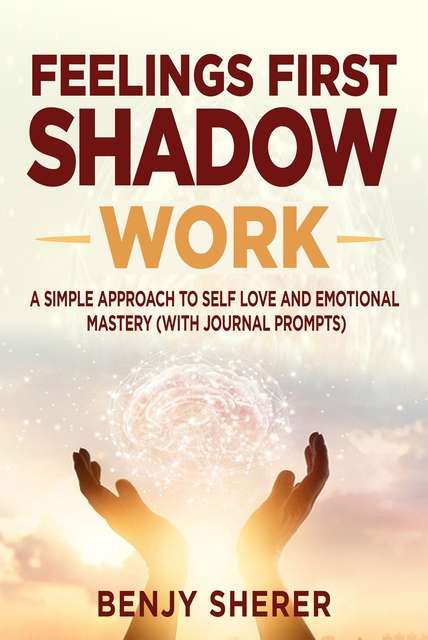Understanding Emotional Calories
The body stores unresolved trauma and emotional energy just like it stores unused calories as fat.
In a recent post, I wrote about how trauma is energy, and I wanted to expand on that a little bit.
As I mentioned, in moments of emotional distress, when we don’t feel safe to process the emotional energy (and when we don’t have the skills, tools, and muscles to do so), we kind of instruct our heart to hold on to that emotional energy so that we can deal with it later.
Now, let’s think about food.
Say, you eat a piece of cake. That piece of cake has, say, 600 calories, primarily in the form of carbs. Calories are most aptly a unit of heat (the amount of heat it takes to burn off the material… that’s how we measure calories in the first place), but practically speaking, they are a measurement of energy. They represent the amount of energy that the food provides us with and/or the amount of energy we need to expend to burn it off.
The body is really good at taking carbs and turning them into immediate energy for quick use. Unless you are on a Keto diet and maintaining a state of ketosis, carbs are your body’s primary fuel source.
But what happens when you take on a bunch of calories and don’t expend any energy?
Well, your body turns those carbs into fat and stores it for future use so that when you don’t have a readily available fuel source, you can switch to using fat as your fuel to keep your body going.
And the exact same thing is happening with your emotions!
What happens when there is emotional energy moving through you and you don’t properly purge and process it in the moment? Your body translates it into the emotional equivalent of ‘fat.’ It turns it from a quickly converted energy source (like carbs) into something that requires a rather different process to truly burn off (fat).
And that fat gets stored in you, waiting to be released.
And just as it is if you ate one piece of cake and didn’t exercise… you’re not going to see any noticeable difference.
But over time, with bad habits and inactivity, the fat starts piling up and eventually the extra weight makes it difficult to do all of the things that you enjoyed doing when you were still in shape, and it takes a lot more effort to burn it off after the fact.
That being said… it’s still doable.
Our goal in emotional healing is to start building the skills and tools to properly process our emotional energy in the moment—so that we don’t continue to store up unnecessary emotions—and so that, when we get triggered and unresolved emotions come up to be healed, we can process them accordingly.
That’s also why we don’t need to go searching for pain and trauma to heal. We just need to handle our emotions properly when they present themselves to us.
Enjoy the good moments when you have them, and use the moments of emotional distress as the moments of healing that they are meant to be.
And that’s why I call the work that I do ‘Emotional Fitness Training’.
Tags: #emotional-energy, #trauma, #shadow-work, #emotional-fitness
Share This Post!

Benjy Sherer is a mental health coach and emotional fitness trainer specializing in anxiety and trauma healing. His approach is about bypassing the intellectual analysis of our past traumas and focusing instead on conquering the subconscious cycles that keep us stuck in fear and which prevent us from truly healing our pain.
Enjoying these posts? You’ll LOVE my book! Click below to check it out on Amazon. (Also available as Audiobook)

Keep Learning with Me!
Get mental health tips, wisdom and reflections sent directly to your email!





